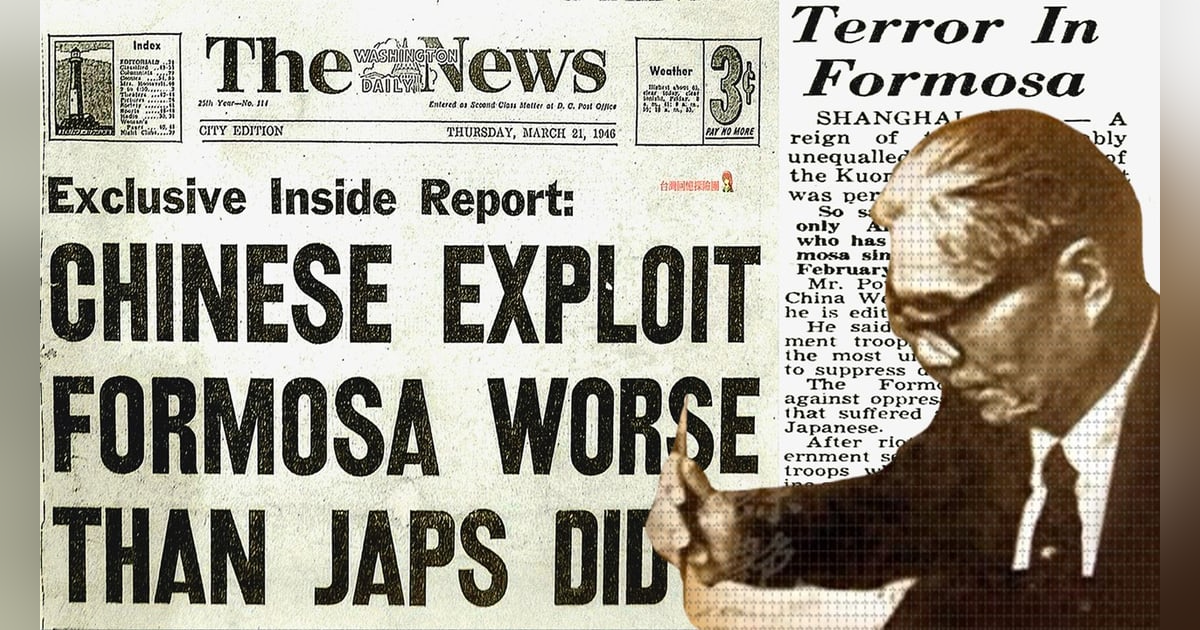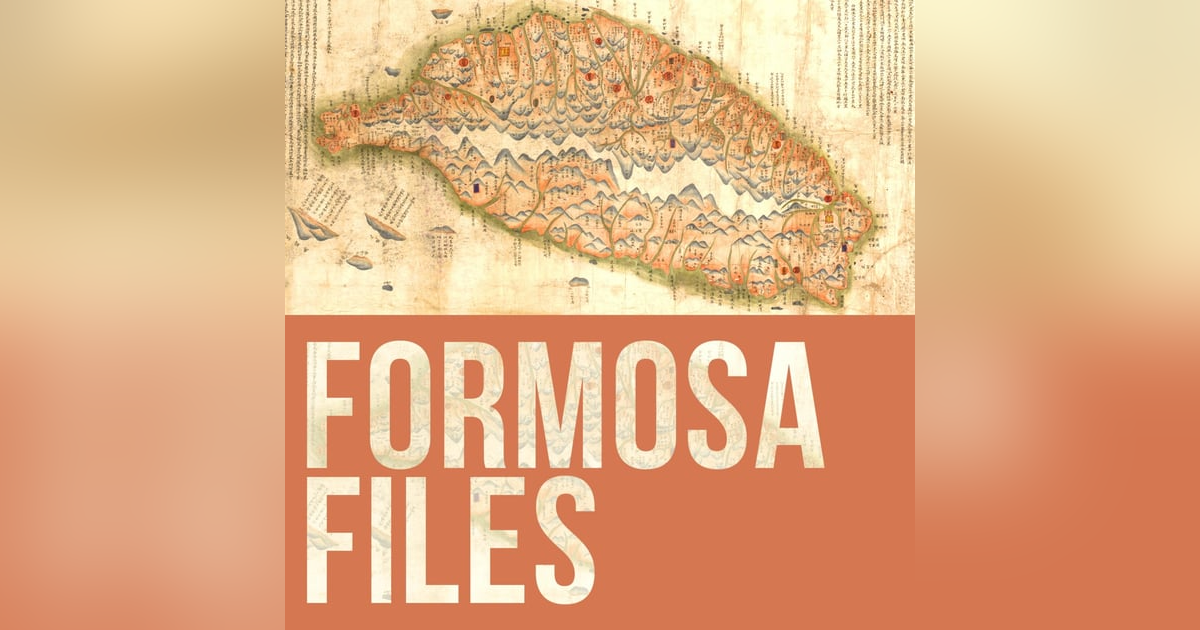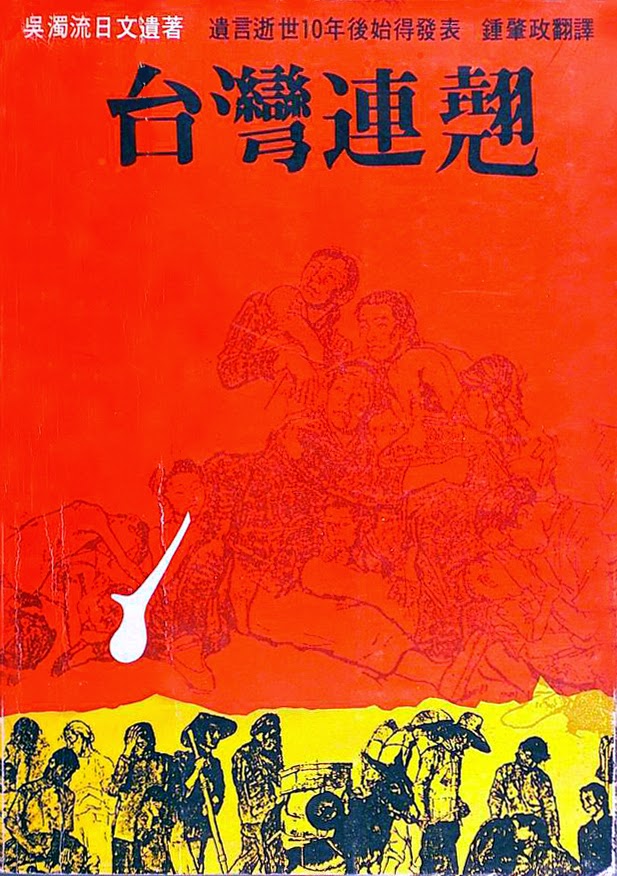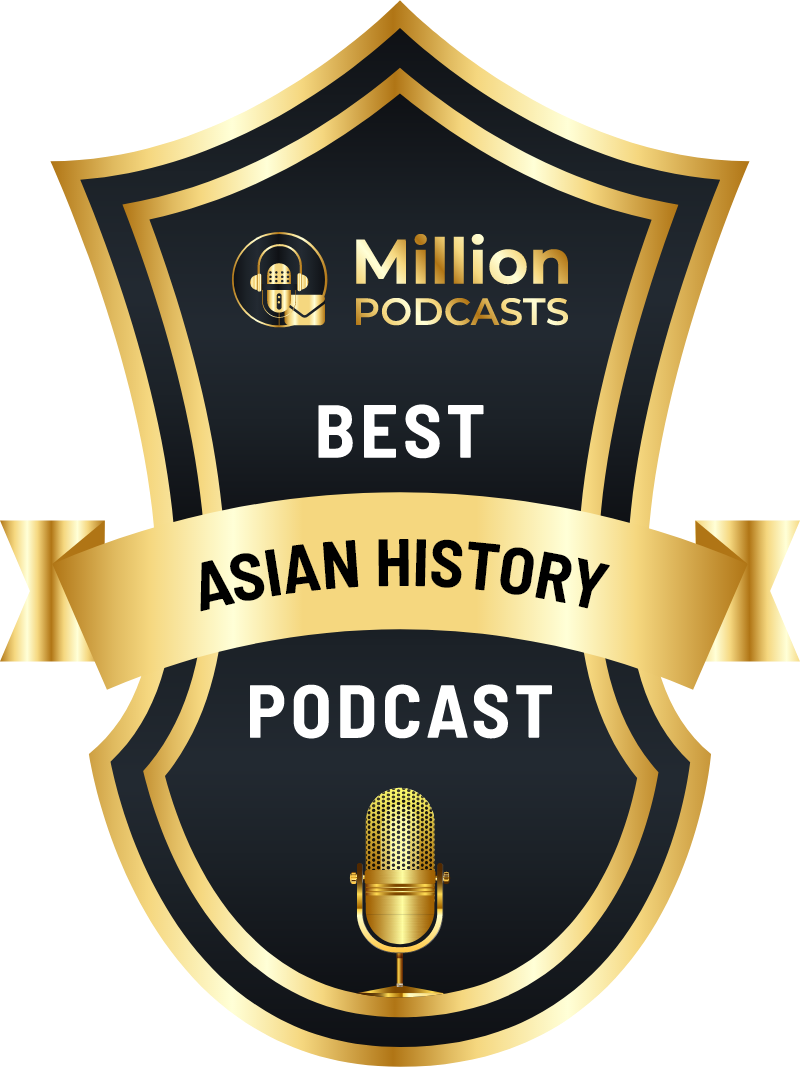S3-E32 - Hakka Author Wu Zhuoliu (吳濁流), Part 2 - Japan’s Surrender and 2/28


Writer Wu Zhuoliu 吳濁流 (1900-1976), sadly, never saw Taiwan blossom into a democracy. But he left us with some of the most important works ever written about 20th-century Taiwan. Among these is the autobiography “The Fig Tree”, whose early chapters mirror the events in his acclaimed novel “Orphan of Asia.” In S2-E29, we covered Wu’s younger years as in Japanese colonial Taiwan, his grandfather’s tales of a cultured, ancient China and the influence these ideas had on Wu. We told the story of Wu’s time in “the Motherland,” where he discovered that the China of his imagination was simply that – imaginary. Today, we pick up his story as WW2 comes to an end and the Chinese Nationalists arrive. Wu describes how Taiwanese jubilation soon turned to despair, and how this exploded into riots and killings known collectively as the 2/28 Incident.
Please rate us on Apple Podcasts or any other platform -It really helps!
Cover images: A composite of news articles from 1946/unknown date, with a classic photo of Wu writing with a traditional Chinese ink brush. Original photo below:
Below: Photo and info via the Hakka Affairs Council (English website)
Wu is best known for his autobiographical trilogy “Orphan of Asia”, “The Fig Tree (無花果)” and “Taiwanese Forsythia (台灣連翹).” “The Fig Tree (無花果)” is an autobiography of the first half of Wu's life. It describes the author's experience from Japanese rule to the early postwar period. The end of the novel was published at the end of 1967 and was serialized in the "Taiwan Literature and Art" magazine in 1968. Because the article described the February 28 incident, it was first published in a single book in 1970 and was listed as a banned book. It was formally released in Taiwan in 1988. "Taiwanese Forsythia" is the last book written by Wu. The original version was written in Japanese and translated and published by Chong Chao-cheng ten years after Wu's death. It describes the secrets of Taiwan’s political arena before and after the war.
English Wikipedia info on Wu Zhuoliu HERE.
Book Recommendations from John Ross:
Left image: The cover of Wu's magnum opus Orphan of Asia (Japanese edition 1956; English translation by Ioannis Mentzas, Columbia University Press, 2008).
Center image: The cover of Wu's The Fig Tree: Memoirs of a Taiwanese Patriot (Chinese edition 1970; English translation by Duncan Hunter, 2002)
Right image: The cover of Wu's Taiwanese Forsythia (台灣連翹 -吳濁流), the last book written by Wu. The original version was written in Japanese and translated and published by Chong Chao-cheng ten years after Wu's death.

Below: Tourists visit the former residence of poet, writer, and journalist Wu Zhuoliu 吳濁流.
55555555:0xeb002ead762ca0c7!2z5ZCz5r-B5rWB5pWF5bGFIHwg5paw56u55paH5a246aSo!8m2!3d24.8382736!4d121.1100877!3m5!1s0x34683a2c55555555:0xeb002ead762ca0c7!8m2!3d24.8382736!4d121.1100877!15sChtXdSBjaG91bGl1IGZvcm1lciByZXNpZGVuY2WSARRsb2NhbF9oaXN0b3J5X211c2V1beABAA" target="_blank" rel="noopener">Google Maps link to Wu Zhuoliu's former residence in Xinpu Township, Hsinchu County.
Below: Left image: Wu Zhuoliu (right) as a teacher in Japanese-ruled Formosa. Right image: Wu is pictured with his wife, surnamed Lin. Both images via Hakka Literature.
Below: Wu Zhuoliu on a trip to Tokyo in the latter years of his life.
Do us a favor and rate/review the show! It really helps. Do it on Apple Podcasts or here on our website.
Write us with questions or ideas at formosafiles@gmail.com
AND THE BIGGEST REQUEST: tell others about this free, not-for-profit resource about Taiwan.























